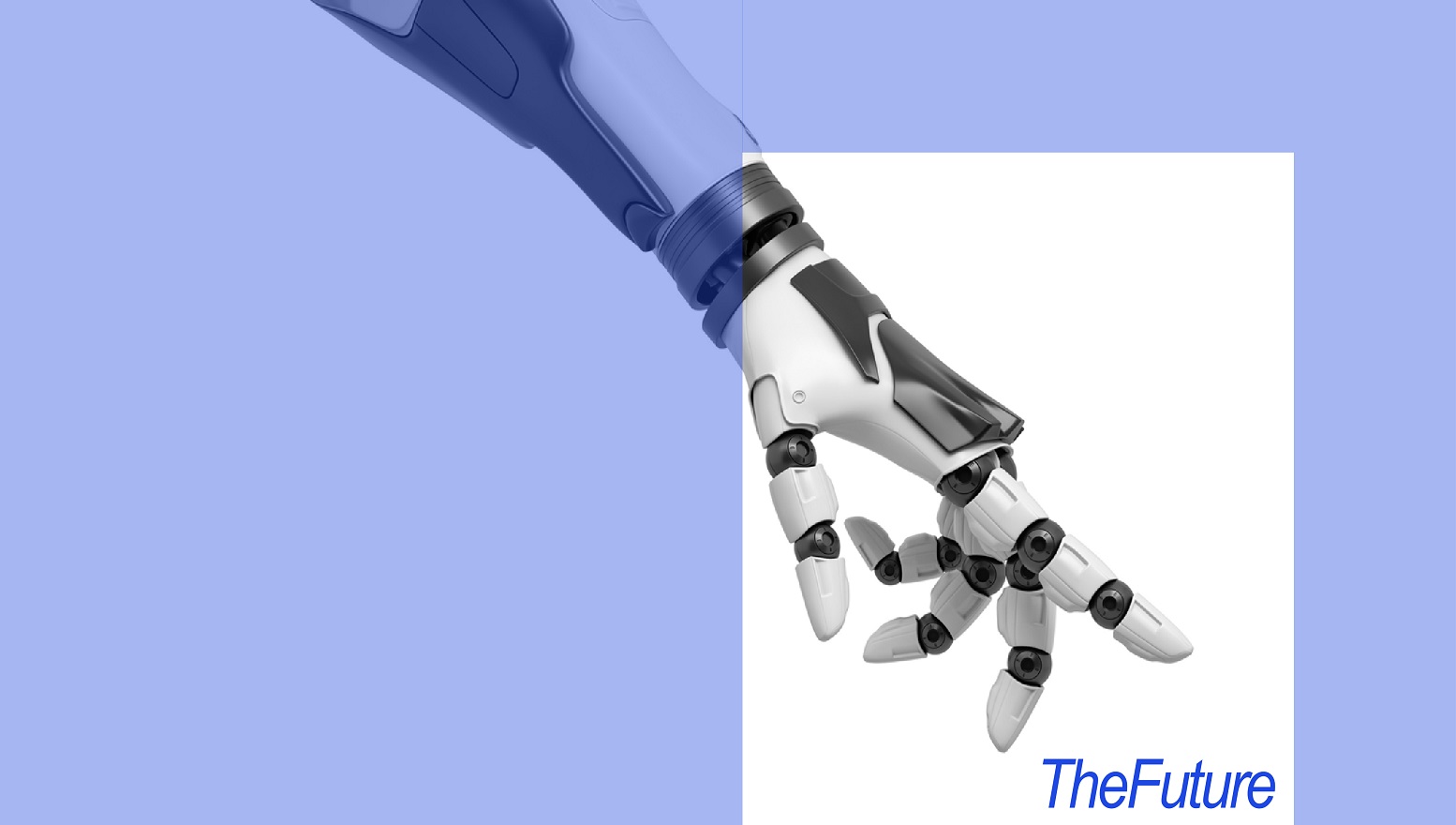
Insights
Learn about the latest trends in mergers and acquisitions with KPMG Corporate Finance LLC
Featured Insights

Believe the Hype
AI and IoT are fundamentally altering business - 2023 AI + IoT year in review

Credit Markets Update Q1 2024
Read more about the credit markets activity during Q1 2024

Professional Services Industry Update Q4 2023
Read more about M&A activity and trends in this sector
Corporate Finance
Explore More Insights














